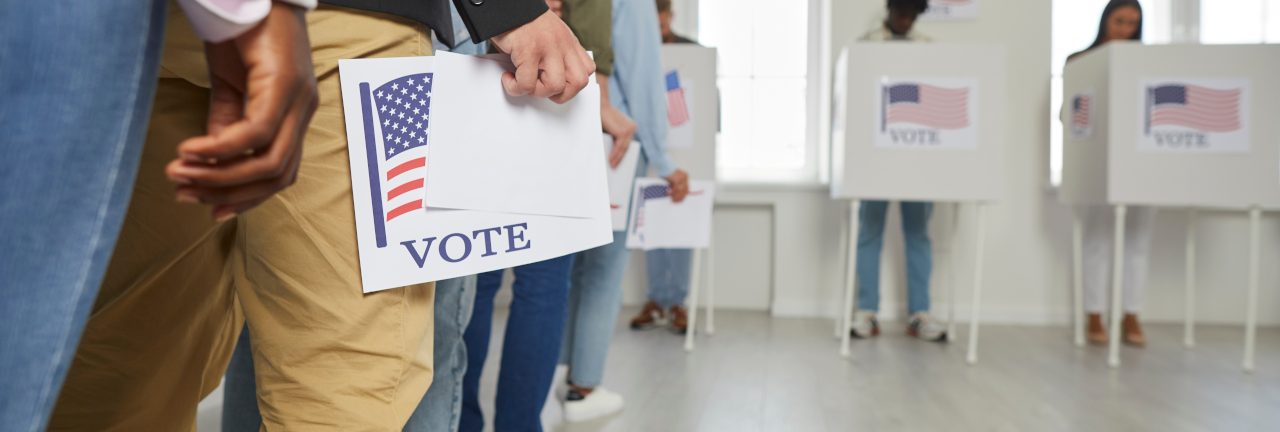The Run for Recovery Program is a bipartisan space that has been created to tailor to the recovery community’s specific needs and experiences. It is part of the Recovery Advocacy Project. The program provides education about the challenges and the opportunities that come along with running for office in the aftermath of addiction.
In August 2024, the first 15 participants graduated from the program. The participants were from across the country and from different political backgrounds. For an entire year, they met once a month via the computer. During the year span, participants were able to learn about finance laws and drafting position statements. The participants also learned how to prepare to openly speak about their substance abuse.
Courtney Gary-Allen, the director of the Maine Advocacy Recovery Project, saw the need for this program. She began using drugs at a young age and had multiple overdoses. She has successfully run for office twice, in 2020 and 2023, and won in a landslide.
Thomas Hidgon was one of the participants of the program. He has a political history and attended law school. Because of his past with substance abuse, he feared not being able to run for office. His classmates were able to help him remove the fear of what people may say and changed his perspective.
Ryan Hampton, the founder of Mobilize Recovery, also completed the program. He is running for a seat in Nevada’s state assembly. He has said that he’s been able to apply the tools he learned in recovery and in the Run for Recovery Program fighting back against political ads that have attacked his campaign with his past substance use history.
In the process, Hampton and other candidates and officeholders in recovery hope to dismantle stereotypes, end stigmatization, and transform public policy for the better for those touched by addiction.
The program was created to help create solutions across the country, as well as at state and local levels, when it comes to substance use. It helps those in recovery gain the confidence and additional tools to become policy makers instead of just advocating for substance use issues.

